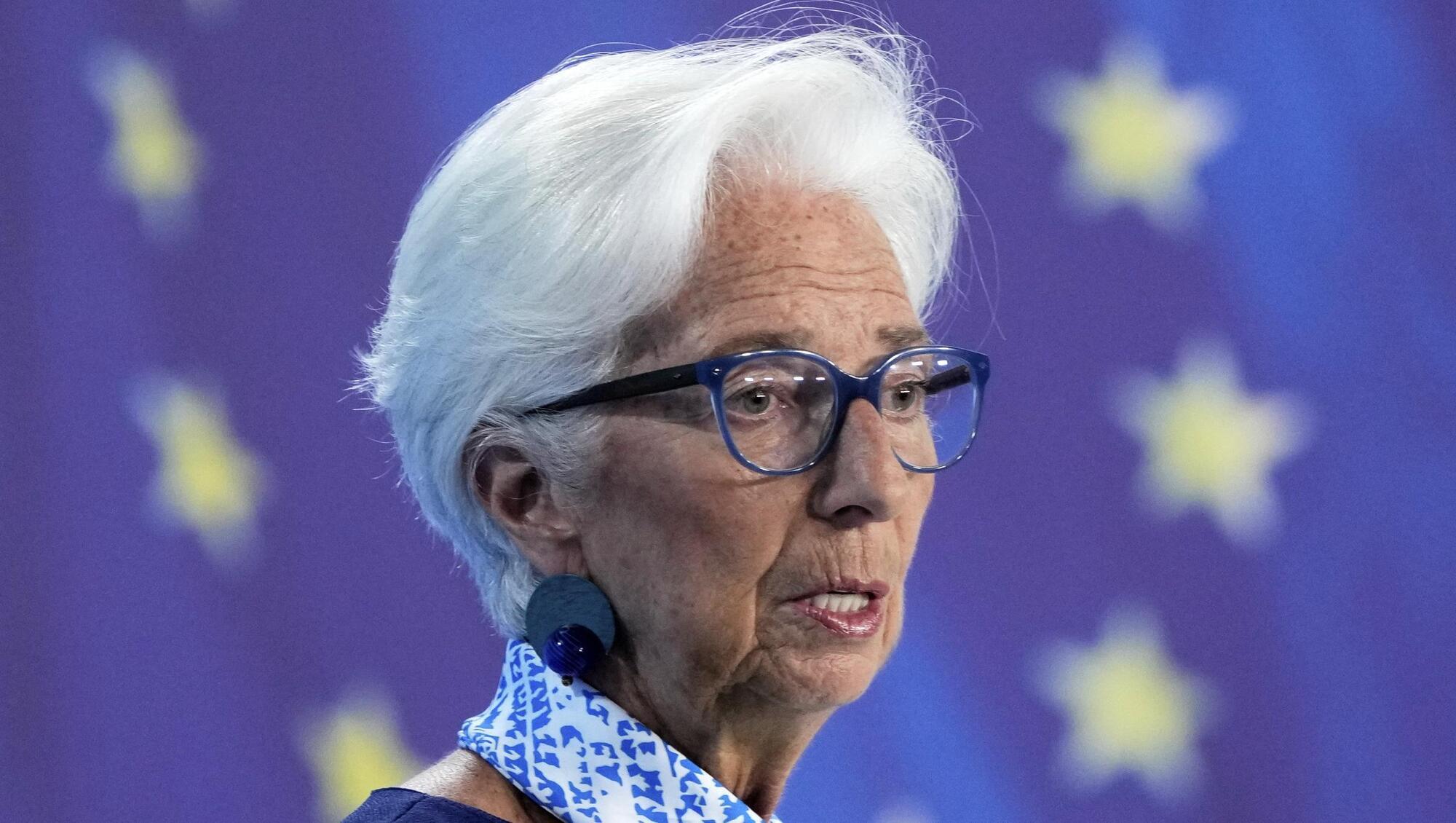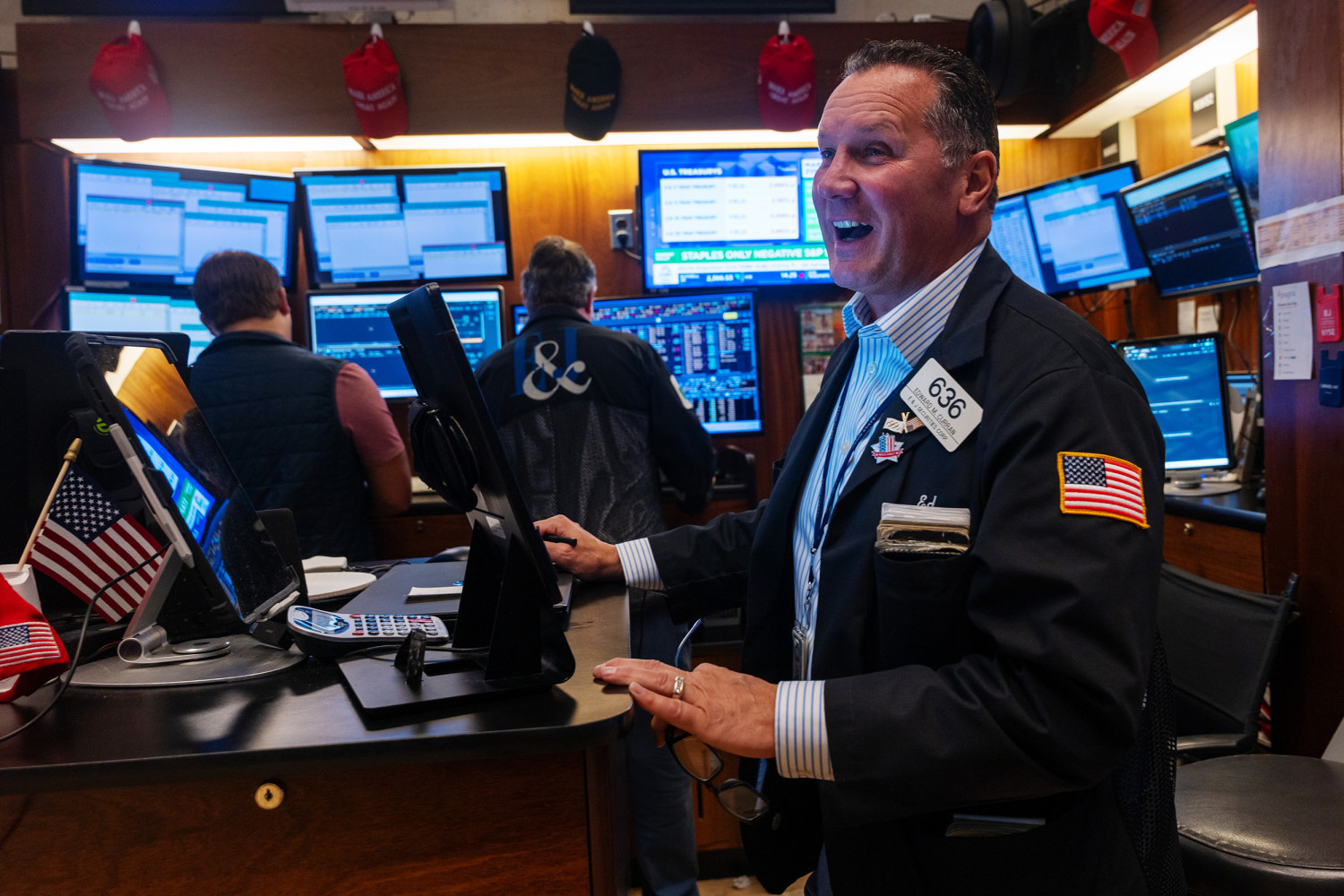The independence of central banks has long been considered a cornerstone of economic stability, providing a safeguard against political interference in monetary policy. Recently, European Central Bank President Christine Lagarde underscored this principle with a clear warning: any erosion of the Federal Reserve’s autonomy would create significant risks for financial markets, economic growth, and public trust in institutions. Her statement reflects a growing concern among economists that central bank independence, once taken for granted, is facing unprecedented pressures in a rapidly changing global landscape.
Lagarde’s comments are delivered as central banks globally manage a complex balancing task. Following an extended period of minimal interest rates, quantitative easing, and exceptional actions to support economies amid the pandemic, monetary policymakers are now tasked with curbing inflation without inducing a significant downturn. The Federal Reserve, especially, has played a pivotal role in this endeavor, increasing rates to manage price increases while closely observing possible effects on job markets and economic stability.
In this context, political voices have become increasingly vocal about monetary policy decisions. Some argue that interest rates remain too high, placing unnecessary strain on households and businesses. Others insist that a premature loosening of policy could reignite inflationary pressures. Lagarde’s warning addresses the danger of allowing such debates to dictate central bank actions, emphasizing that monetary policy must be based on data and long-term objectives rather than short-term political gains.
History offers numerous examples of the consequences when monetary policy becomes politicized. When governments exert pressure on central banks to keep rates artificially low, the result often includes runaway inflation, currency devaluation, and the erosion of investor confidence. Conversely, overly restrictive measures driven by political agendas can stifle growth and deepen economic downturns. Lagarde’s comments remind policymakers that the credibility of institutions like the Federal Reserve depends on their ability to operate free from partisan influence.
The autonomy of the Federal Reserve is more than just a legal technicality; it is crucial for preserving worldwide financial stability. Financial markets and investors depend on predictable and data-driven choices made by central banks. If these decisions appear to be swayed by political agendas, it could erode trust in the U.S. economy, disrupt currency markets, and have widespread impacts on trade and investment flows globally. Consequently, Lagarde’s statements underscore a concern that reaches beyond the United States, emphasizing the interconnectedness of the global economic system.
While central bank independence is widely regarded as essential, it is not immune to scrutiny or criticism. Elected officials often express frustration when policy decisions conflict with fiscal objectives or campaign promises. In recent years, the rise of populist movements has amplified calls for greater political control over economic levers, including monetary policy. These pressures intensify during periods of economic stress, when voters seek immediate relief from rising costs or job losses, and politicians look for ways to deliver quick results.
Lagarde’s view is consistent with an enduring agreement among economists: political meddling in the short term usually leads to long-term instability. The impacts of monetary policy unfold over time, indicating that today’s decisions affect inflation, jobs, and growth months or even years down the line. On the other hand, decisions driven by political agendas frequently focus on short-term gains at the expense of future outcomes, fostering a pattern of volatility that hampers durable economic development.
Another critical aspect of this debate involves public perception. Trust in financial institutions is already fragile in many parts of the world, eroded by crises and scandals over the past two decades. If the public begins to view central banks as extensions of political power rather than independent guardians of economic health, confidence in the broader financial system could deteriorate. Such a shift would complicate efforts to manage crises, as credibility is a vital tool in calming markets during periods of uncertainty.
The question of independence also intersects with transparency and accountability. Critics argue that granting too much autonomy to central banks risks insulating them from democratic oversight. Proponents counter that independence does not mean lack of accountability; rather, it ensures that decisions are made based on expertise and data rather than political expediency. Lagarde’s comments suggest that preserving independence must go hand in hand with clear communication, robust governance, and mechanisms for public scrutiny that reinforce legitimacy without compromising operational autonomy.
The Federal Reserve’s recent policy trajectory illustrates the importance of this principle. Faced with inflation rates unseen in decades, the Fed implemented aggressive rate hikes to stabilize prices. These moves were unpopular in some political circles because they raised borrowing costs for consumers and businesses. However, central bankers argued that failing to act decisively would allow inflation to spiral further, ultimately causing greater harm to the economy. This scenario underscores why independence is crucial: difficult decisions often require prioritizing long-term stability over short-term popularity.
Lagarde’s warning resonates beyond Washington. Around the world, central banks face similar challenges as governments expand fiscal spending, and geopolitical tensions disrupt trade and energy markets. In such an environment, the temptation for political leaders to influence monetary decisions grows stronger. Whether in emerging markets or advanced economies, maintaining institutional independence is vital to preventing policy mistakes that could exacerbate global volatility.
In the end, the discussion surrounding central bank independence highlights a wider conflict between technocratic administration and democratic responsibility. Although elected leaders are accountable for the state of the economy, central banks operate as dedicated organizations established to protect monetary decisions from the varying tides of party politics. Lagarde’s statement acts as a reminder that diminishing this protection might not only harm economic results but also threaten the stability of democracy itself.
In today’s world, where we face challenges like rising prices, advancements in digital money, and increased global tensions, the importance of central banks operating independently is even greater. They must guide nations through unpredictable times while ensuring confidence in the steadiness of currencies and financial institutions. Undermining their autonomy could lead to immediate risks and potentially bring about future economic turmoil, a scenario that both leaders and the public must strive to avoid.
Lagarde’s statements should not be viewed merely as a warning but as an appeal to reinforce one of the fundamentals of contemporary economic management. During periods of swift evolution and political division, the urge to weaken institutional protections becomes tangible. Maintaining the independence of central banks such as the Federal Reserve is not only a matter of principle—it is essential for enduring growth, price stability, and trust in the global economy.







